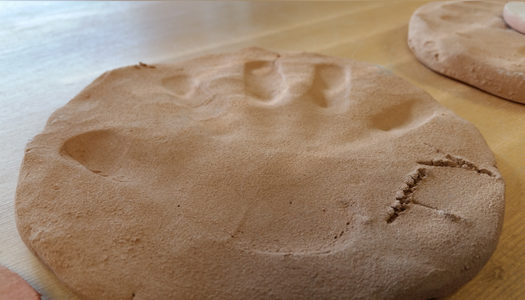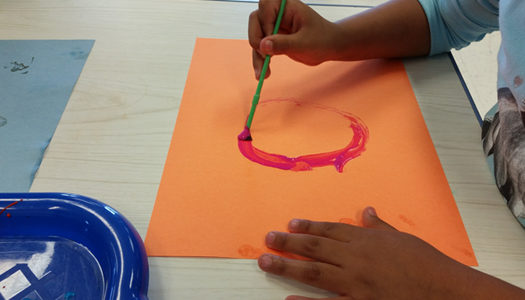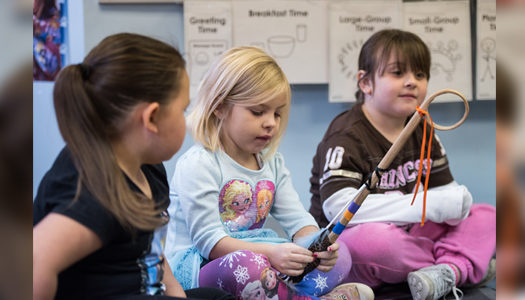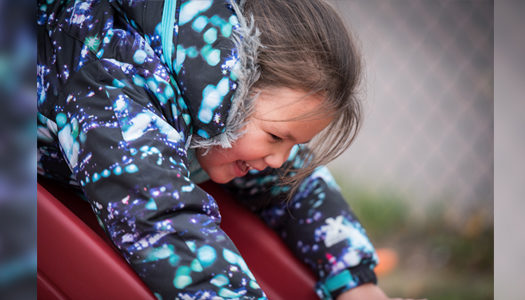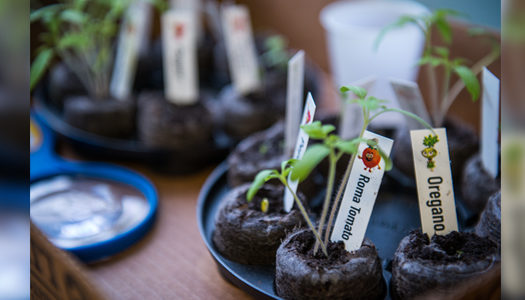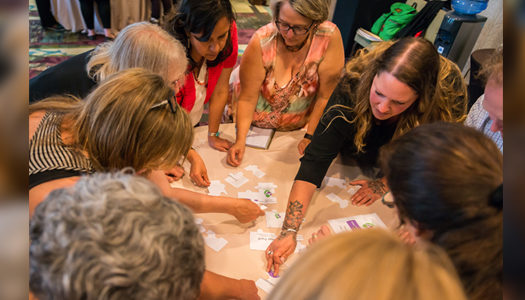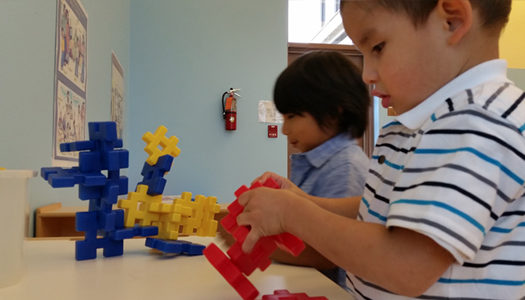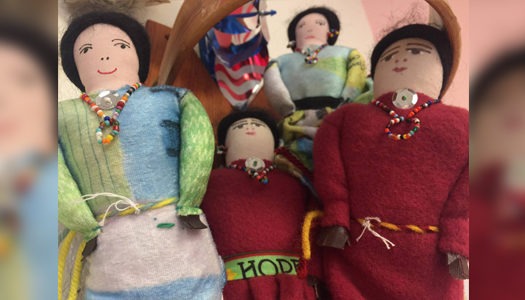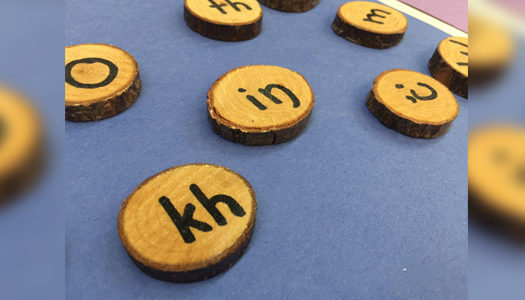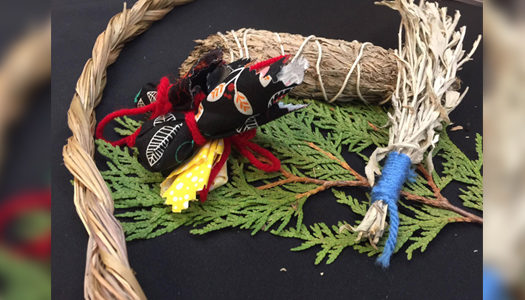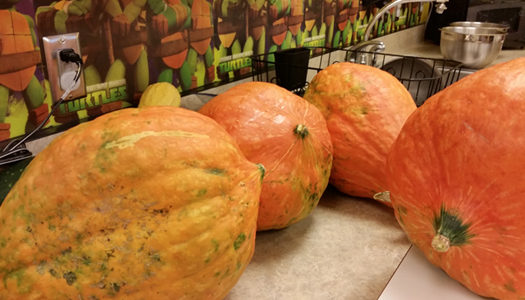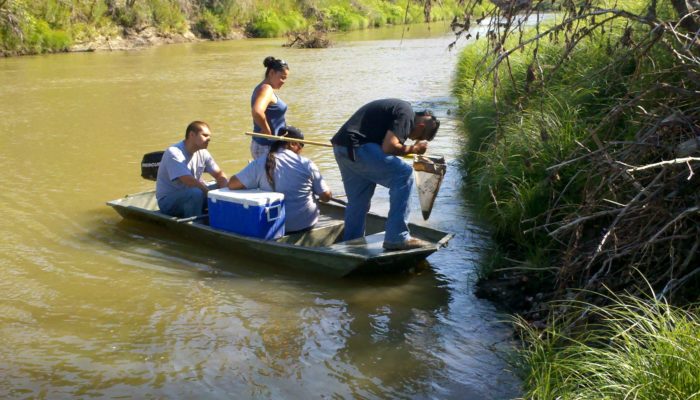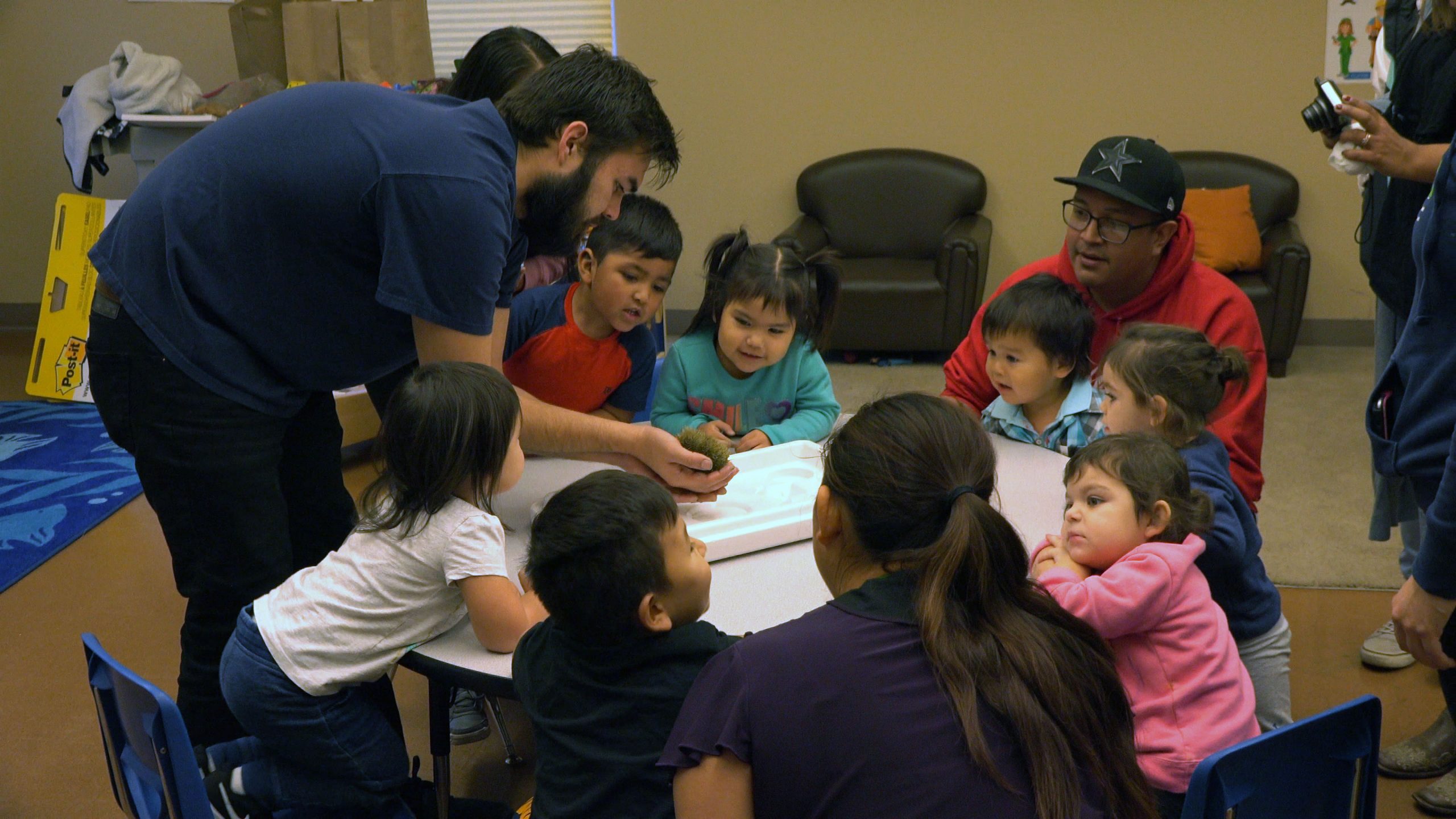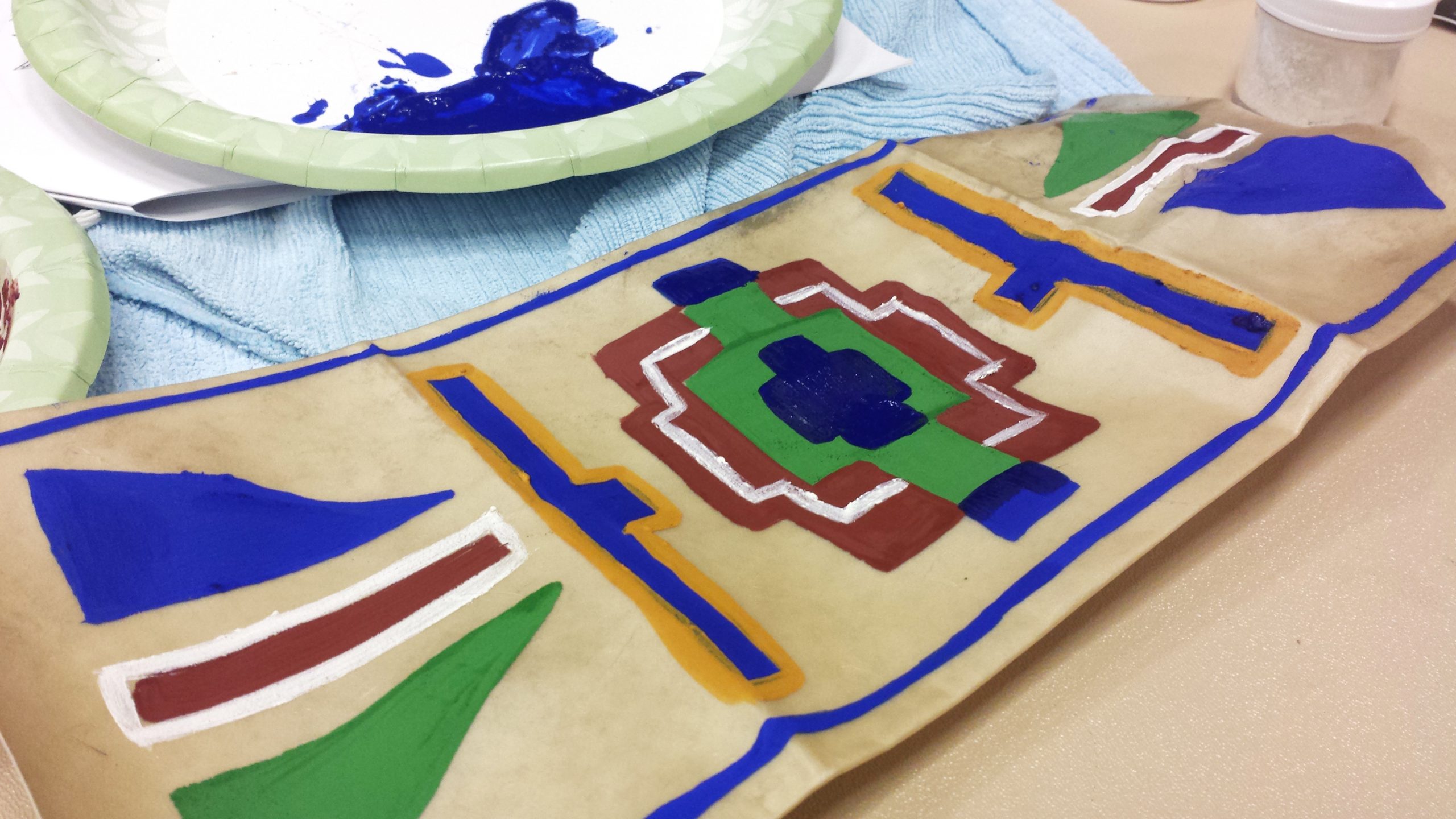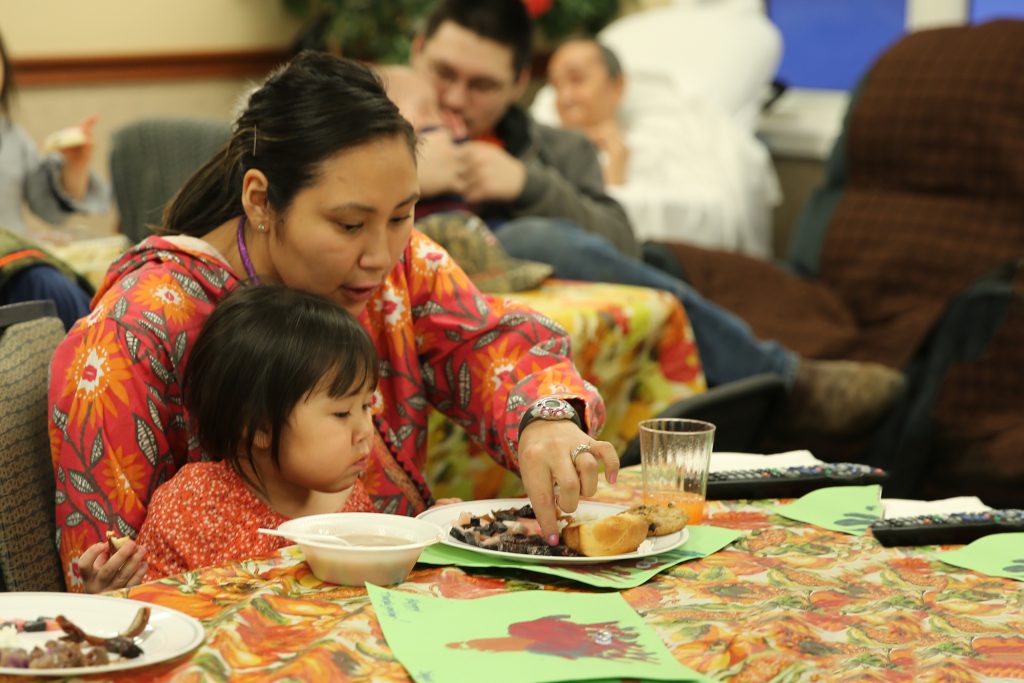Restorative Teachings
2016 – 2018
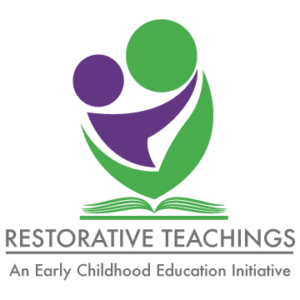
About The Program
The Restorative Teachings Early Childhood Education Initiative was a Tribal College and University (TCU) collaborative to strengthen systems of care and learning with Native families and children. The American Indian College Fund (College Fund), in collaboration with TCUs, implemented this $1.5 million dollar early childhood education (ECE) initiative in 2016 to 2018 that drew upon the child development knowledge from within Native communities, melded with the best practices identified in the field of ECE. This community-based ECE initiative used a multi-phase approach to developing long-term commitment and shared responsibility for the development of high-quality ECE opportunities for Native children and their families, by aiming to design culturally-responsive and adapted ECE systems, build stronger family engagement programs, and support Native family economic security directly through partnerships and access to higher education. Through local and national partnerships, tribal communities can benefit from restored access to systems, knowledge, approaches, networks, and strategies that contribute to sustained engagement resulting in improved early learning opportunities and health benefits for Native families and their children.
Program Gallery

Grantees
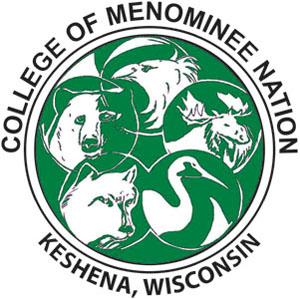
College of Menominee Nation
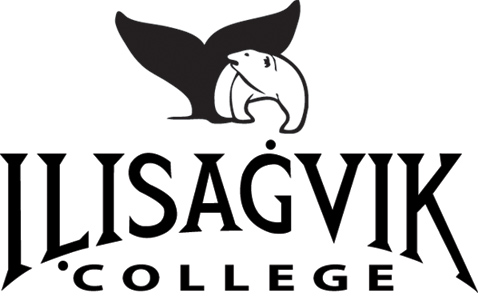
Iḷisaġvik College
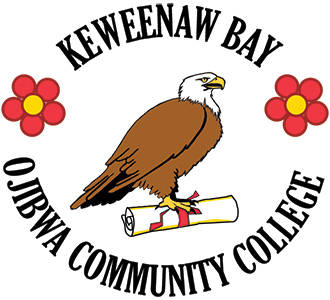
Keweenaw Bay Ojibwa Community College

Northwest Indian College
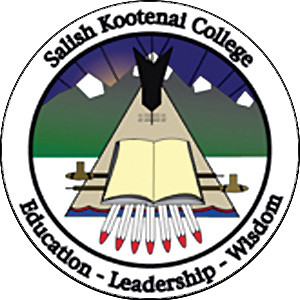
Salish Kootenai College
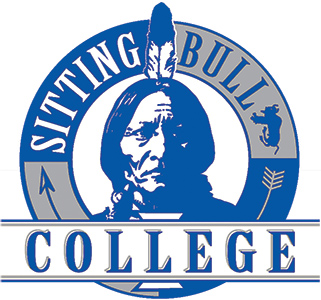
Sitting Bull College
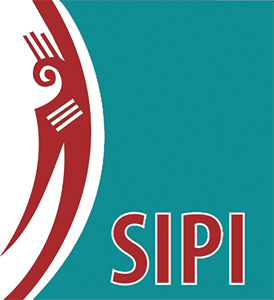
Southwestern Indian Polytechnic Institute
Related Blogs
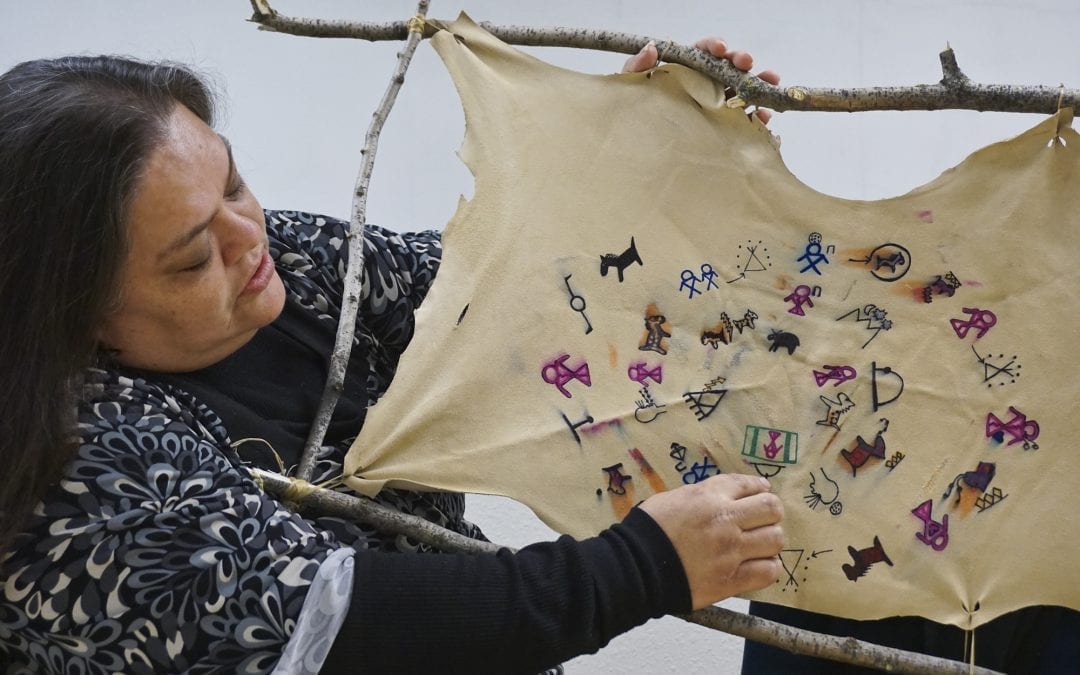
It’s More Than Just Telling a Story!
Through storytelling, the Menominee are keeping their tribal language alive. Storytelling is both an art and a necessary method for educating our young early childhood children in the Menominee community. The Menominee have used oral stories to pass down traditions to future generations, such as their local customs, how to live off the forest land, and how to survive in the natural environment in which they live
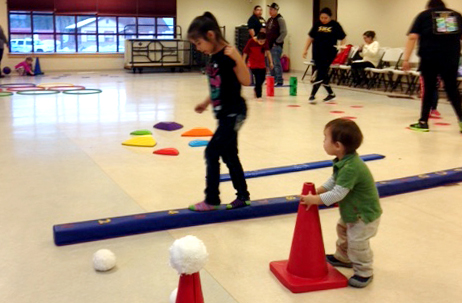
Salish Kootenai College’s Restorative Teachings Early Childhood Initiative Project
Thanks to a tribal college in Montana, American Indian students with disabilities are benefiting from the enhanced teacher training. Salish Kootenai College (SKC) is designing and delivering professional development to 40 teachers, pre-service teachers, and educational professionals to enhance the health, wellness, and educational opportunities for American Indian (AI) children with and without disabilities and their families.
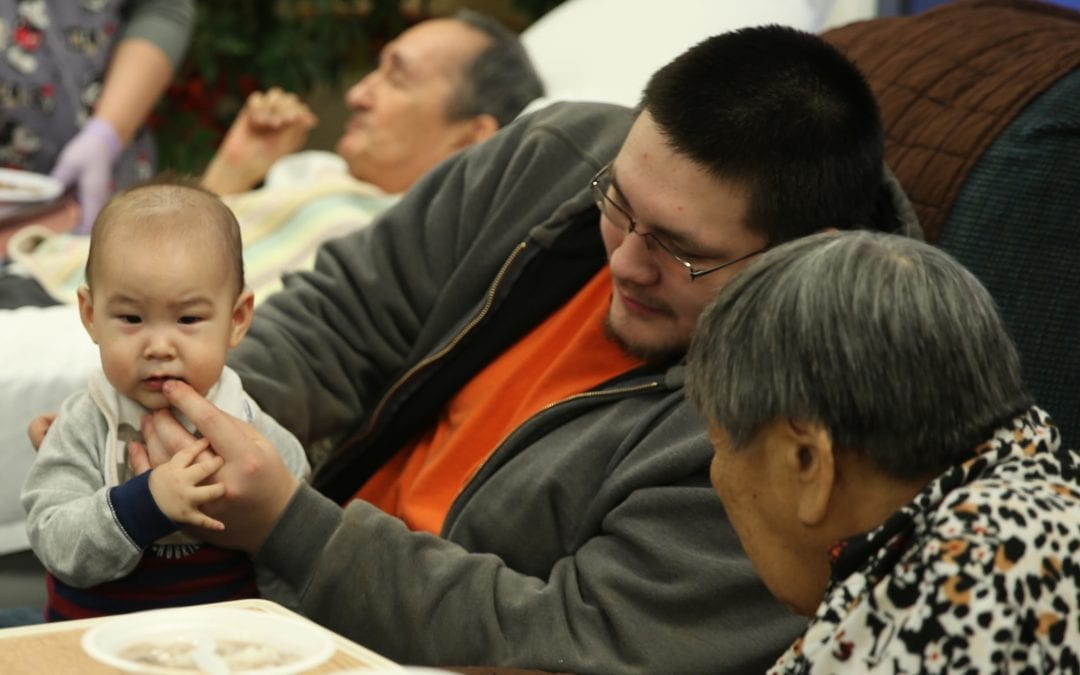
Connections That Create Health, Wellness and Security
At the heart of Iḷisaġvik College’s Restorative Teachings project is the desire to nurture and support meaningful connections between early childhood students, their families, and the community as a whole. It is through these connections that knowledge of language and culture, love, respect, and compassion are passed from one generation to the next.
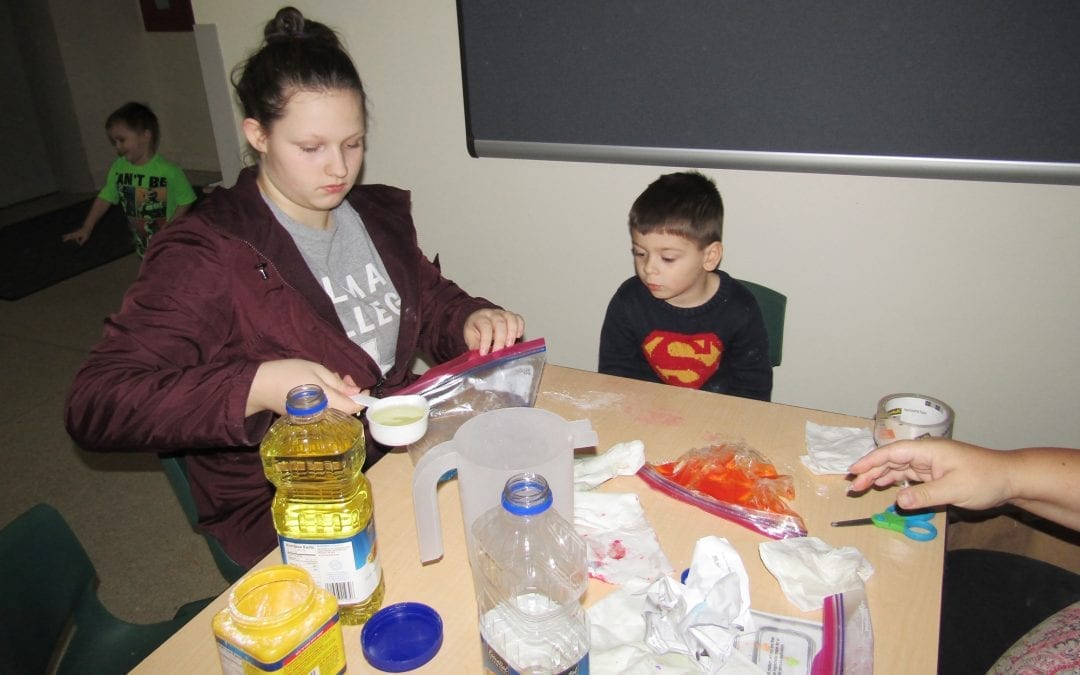
BIMAADIZIWIN: “A Healthy Way of Life” Through Family Fun Night
At Keweenaw Bay Ojibwa Community College (KBOCC) traditional Ojibwe teachings which portray the family as a part of the framework that honors the individual and the collective groups to which the individual belongs. Throughout the year, Migiziinsag (Little Eagles), an early childhood program for four-year-old children, engages by incorporating aspects of indigenous early learning, Anishinaabe language, cultural ceremonies, nutrition and physical activities. The “Family Fun Event Planning Framework” embraces four areas:

